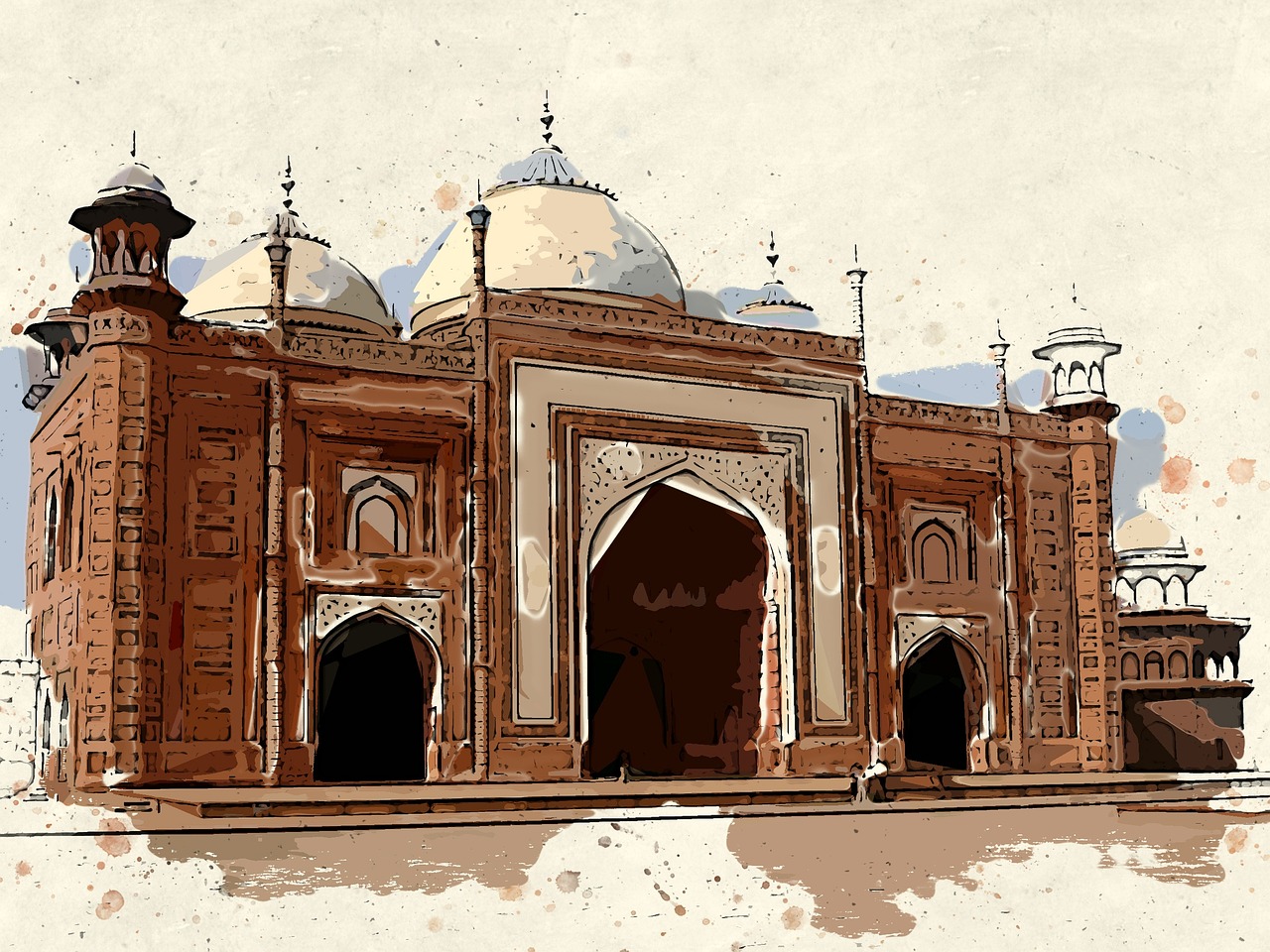The Role of International Election Assistance in Building Democracy
Democracy is a fundamental principle of modern society, allowing citizens to voice their opinions, elect representatives, and participate in the governance of their country. Free and fair elections are a cornerstone of democracy, ensuring that leaders are chosen through a transparent and accountable process. However, many countries around the world face challenges in conducting elections that meet international standards of fairness and integrity. This is where international election assistance plays a crucial role in supporting the development of democracy.
Understanding International Election Assistance
International election assistance refers to the support provided by foreign governments, intergovernmental organizations, and non-governmental organizations to help countries conduct free and fair elections. This assistance can take many forms, including financial support, technical assistance, training for election officials, monitoring and observation missions, and capacity-building programs.
The goal of international election assistance is to strengthen the electoral process, promote democracy, and ensure that elections are conducted in a transparent, inclusive, and credible manner. By providing support to countries in need, international organizations can help build trust in the electoral process, increase voter turnout, and improve the overall legitimacy of the election results.
The Impact of International Election Assistance
International election assistance has been shown to have a positive impact on the quality of elections around the world. Studies have found that countries receiving international support are more likely to have higher levels of voter confidence, increased political participation, and improved electoral integrity.
By providing technical expertise and resources, international organizations can help countries overcome challenges such as voter registration, ballot counting, and political violence. In addition, monitoring and observation missions can help deter fraud and human rights abuses, ensuring that elections are conducted in a fair and transparent manner.
Challenges and Criticisms
Despite its many benefits, international election assistance also faces challenges and criticisms. Some critics argue that foreign intervention in elections can undermine national sovereignty and interfere in domestic politics. Others worry that international organizations may have their own agendas and biases, influencing the outcome of elections in favor of certain candidates or parties.
In addition, the effectiveness of international election assistance can vary depending on the context and conditions in a given country. Factors such as political instability, corruption, and lack of institutional capacity can hinder the impact of international support, making it difficult to achieve meaningful change in the electoral process.
FAQs
Q: What is the role of international election observers?
A: International election observers are tasked with monitoring and reporting on the conduct of elections in a given country. They assess the electoral process against international standards of fairness and transparency, helping to ensure that elections are conducted in a credible manner.
Q: How do international organizations decide which countries to provide election assistance to?
A: International organizations typically assess the needs of a country based on factors such as political stability, previous election history, levels of violence and conflict, and capacity of electoral institutions. They prioritize countries where assistance is most needed and where there is a genuine commitment to democratic reforms.
Q: What are the key principles of international election assistance?
A: The key principles of international election assistance include neutrality, impartiality, transparency, and inclusivity. International organizations strive to provide support in a non-partisan and unbiased manner, ensuring that all political parties and candidates have equal access to resources and opportunities.
Q: How can I get involved in supporting international election assistance efforts?
A: There are many ways to get involved in supporting international election assistance, including volunteering with organizations that work on democracy promotion, advocating for funding for election assistance programs, and staying informed about global electoral issues. Your engagement and support can help contribute to building stronger democracies around the world.
Overall, international election assistance plays a critical role in promoting democracy and ensuring that elections are conducted in a fair and transparent manner. By providing support to countries in need, international organizations can help strengthen the electoral process, increase voter confidence, and uphold democratic principles. Through continued collaboration and partnership, the international community can make a meaningful difference in advancing democracy and promoting good governance worldwide.







